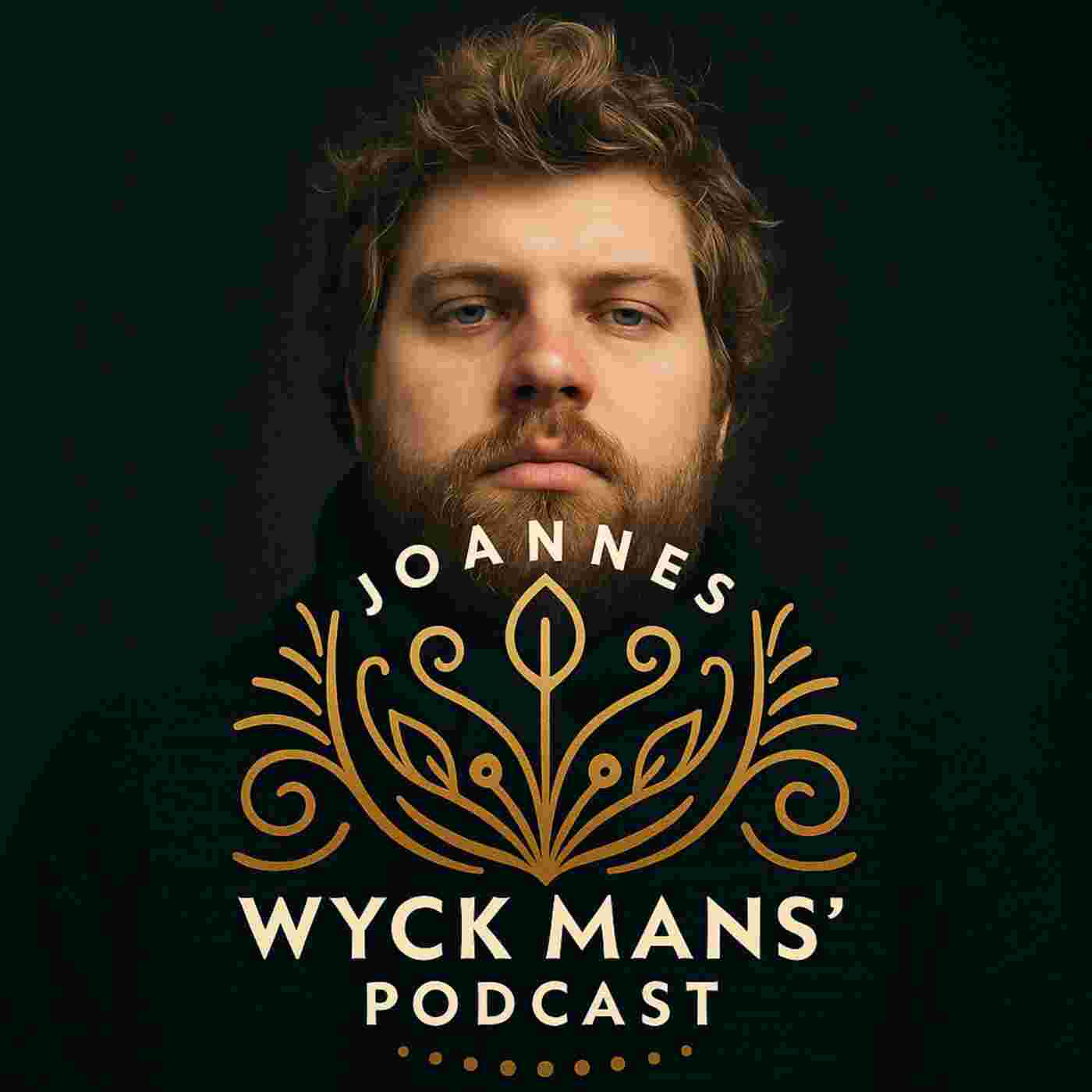

Briefing Document: Analysis of Political Discourse Following the Assassination of Charlie Kirk
Executive Summary
This document synthesizes the core themes and arguments presented in the source material, which centers on the political and cultural fallout from the assassination of conservative activist Charlie Kirk. The aftermath has exposed a profound societal schism, characterized by starkly divergent reactions to his death, memorial, and legacy.
Key takeaways include:
• A Divided Response: The assassination has triggered a "real awakening" and a call to action among supporters, who view Kirk as a martyr for free speech and have responded with calls for civil discourse, prayer, and unity. Conversely, elements of the political left are depicted as celebrating his death, justifying the violence, and harshly criticizing his memorial service.
• On-Campus Conflict: Inspired by Kirk, activists are engaging in on-campus debates through a "Fearless Tour." They report facing extreme hostility, intimidation, and direct threats of violence from students and faculty who oppose their views. Their stated strategy is not to convert their most aggressive opponents but to influence onlookers by maintaining civility in the face of aggression.
• The Jimmy Kimmel Controversy: The temporary suspension of TV host Jimmy Kimmel by ABC for allegedly lying about Kirk's assassin has ignited a fierce debate on free speech. Over 400 celebrities condemned the suspension, a move criticized as hypocritical by commentators who note the same figures were silent or supportive when conservatives were deplatformed. This incident highlights a contentious double standard in the application of free speech principles by private corporations and media figures.
• Contrasting Views of Kirk's Memorial: The memorial service for Charlie Kirk is presented through two irreconcilable lenses. Supporters describe it as a beautiful, unifying, and deeply spiritual event—a "revival" that brought people closer to God. Critics, including academics and media figures, condemned it as a dangerous political rally akin to a "Nuremberg rally," viewing it as "mass conditioning" and the worship of extremism.
Hosted by Ausha. See ausha.co/privacy-policy for more information.